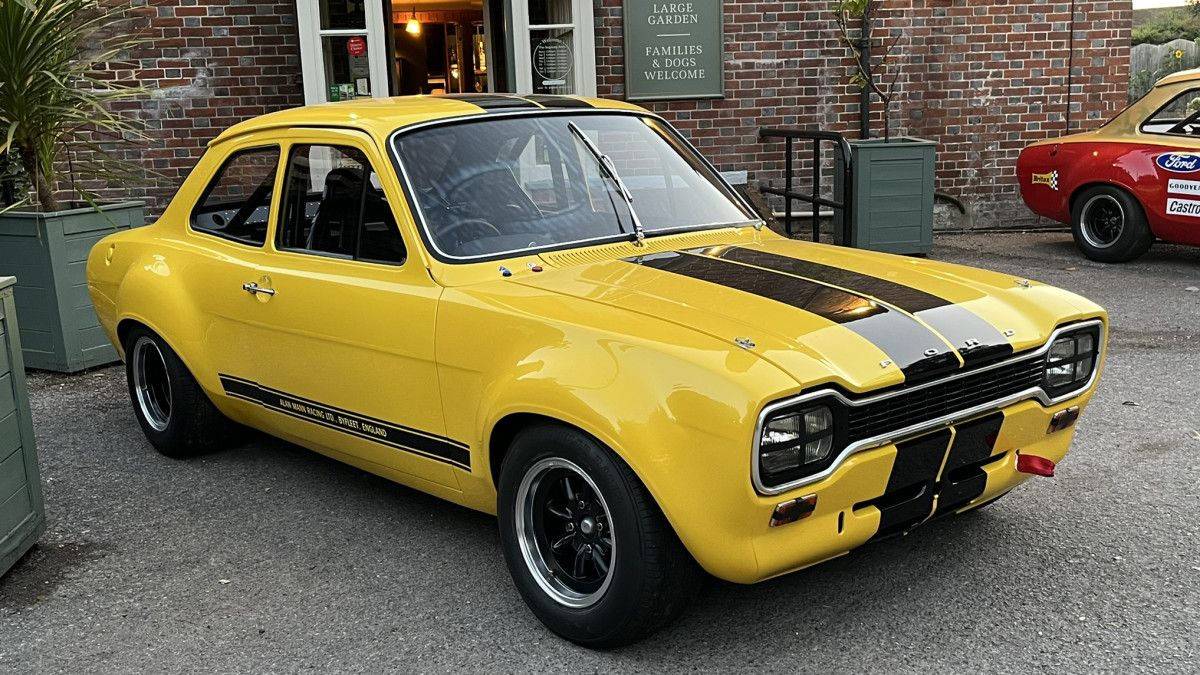 Source: DTN News / Defense News By John Reed
Source: DTN News / Defense News By John Reed(NSI News Source Info) TORONTO,
 Canada - April 28, 2010: The U.S. Air Force has begun re-evaluating and expanding the missions its MQ-X next generation tactical UAV will be required to perform to go beyond battlefield strike and ISR, service officials announced.
Canada - April 28, 2010: The U.S. Air Force has begun re-evaluating and expanding the missions its MQ-X next generation tactical UAV will be required to perform to go beyond battlefield strike and ISR, service officials announced.The move is intended to make sure specifications outlined in the aircraft's initial capabilities document meet mission requirements for new UAVs in the service's just completed Remotely Piloted Vehicle Flight Plan, according to Col. Bruce Emig, chief of Air Combat Command's (ACC's) irregular warfare requirements division.
The flight plan calls for a next-generation, medium-size UAV such as the MQ-X to performseveral new mission sets, such as cargo hauling and aerial refueling, that don't fall under ACC's purview, according to Emig.
"We need to see if the [current definition of MQ-X] is a good solution" for those missions, Emig said during an April 27 speech at an Institute for Defense and Government Advancement conference in Tysons Corner, Va.
At a minimum, MQ-X is slated to replace the service's MQ-9 Reaper UAVs in their role as medium-sized strike and ISR planes.
ACC is now working with Air Force Materiel Command, Air Mobility Command and Air Force Special Operations Command to determine what they need out of a next generation UAV, according to Emig.
The service plans to have the requirements finalized in time to be included in its 2014 Program Objective Memorandum, he added.
At a minimum, the aircraft must have protected communications and datalinks, the ability to survive in contested airspace, and enough power generating and cargo capacity to allow it to carry a variety of sensors and weapons, according to Emig.
The aircraft must also incorporate so called sense-and-avoid technology to prevent collisions with nearby aircraft, he added.
Service officials want the MQ-X and all future UAVs to be able to carry and operate a variety of mission payloads in the same way a C-130 can today.
The Air Force's chief intelligence officer, Lt. Gen. David Deptula, said this probably won't have a serious impact on the service's plans to field the plane - which he described as "an order of magnitude" more advanced than the MQ-9 - close to 2020 to 2022.


















No comments:
Post a Comment